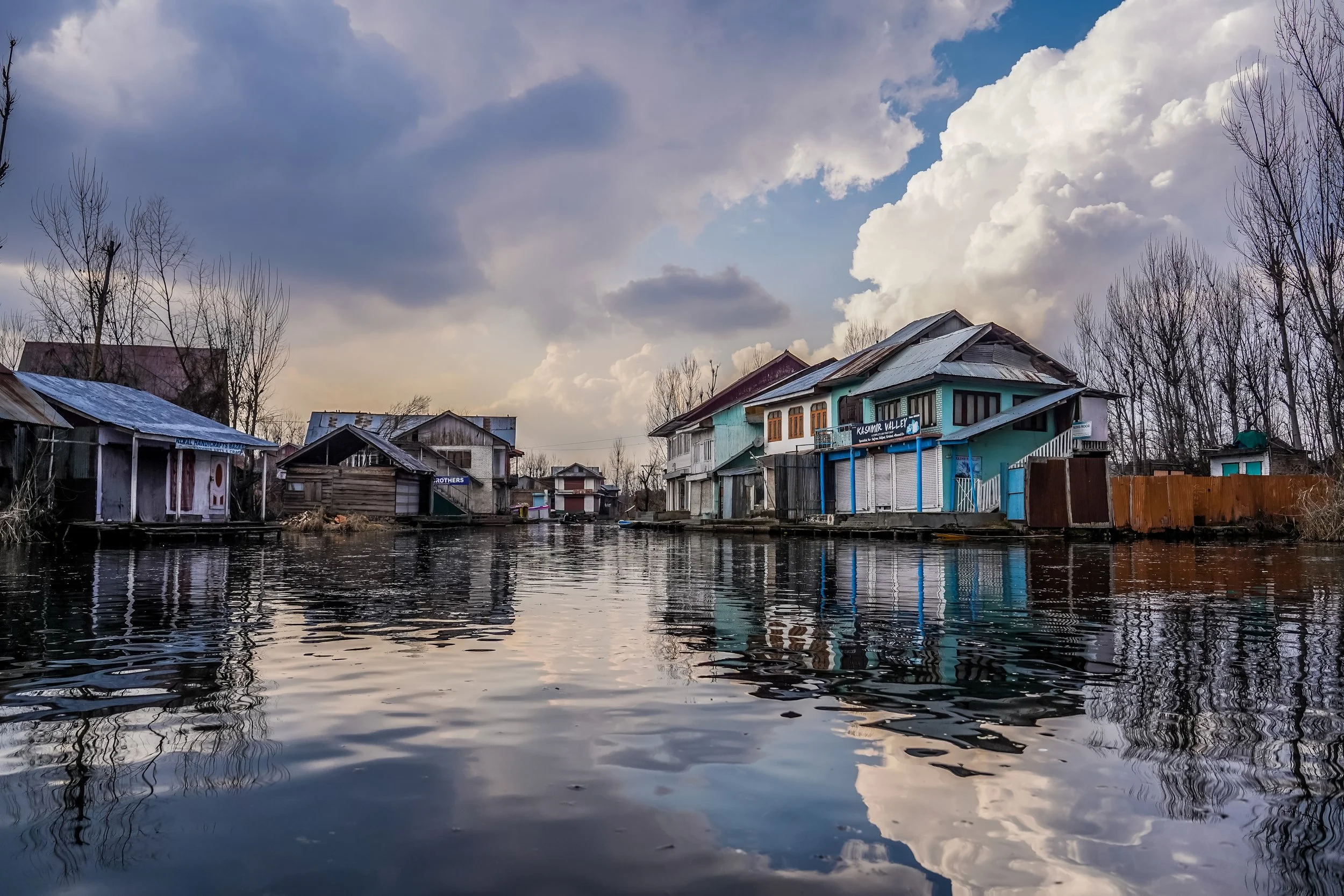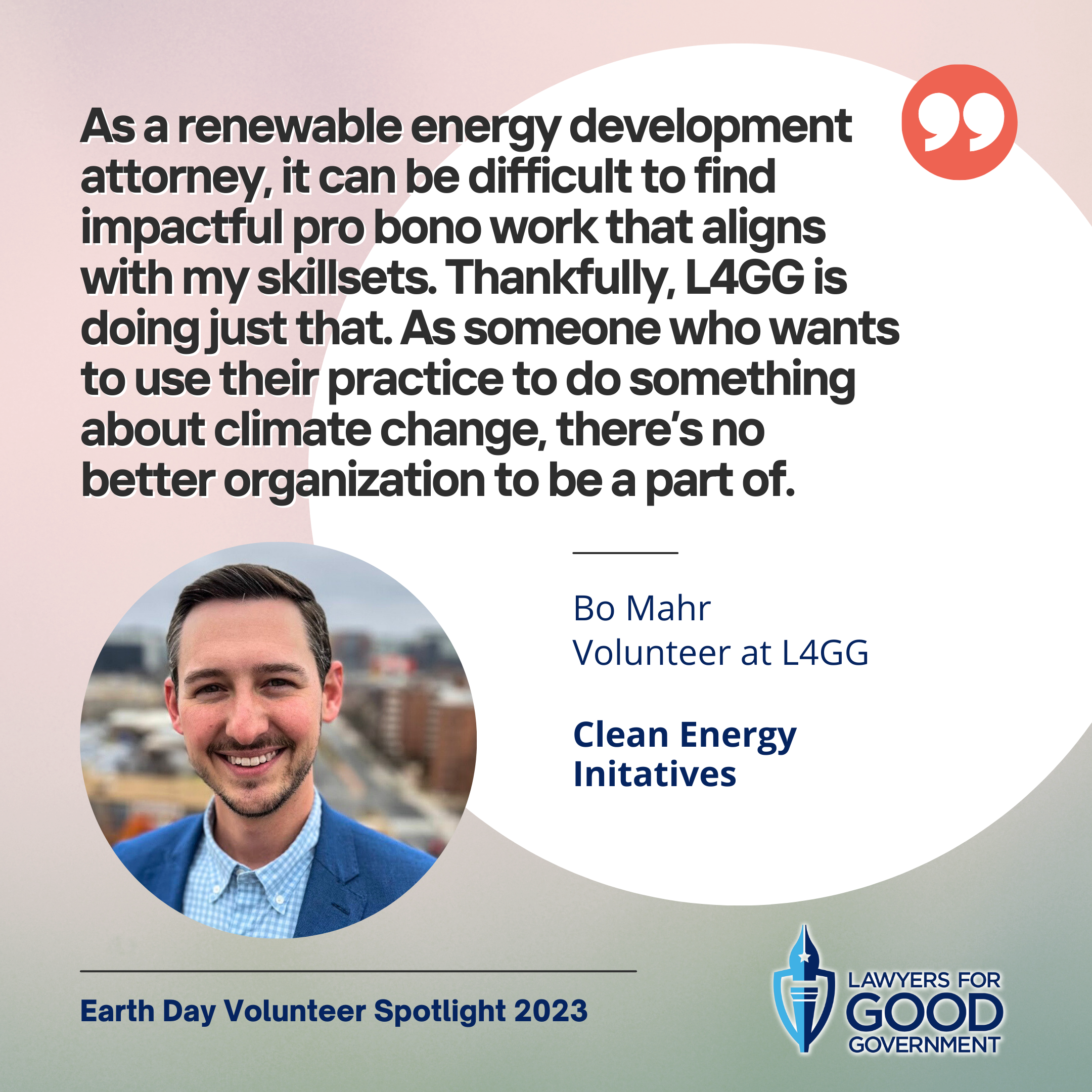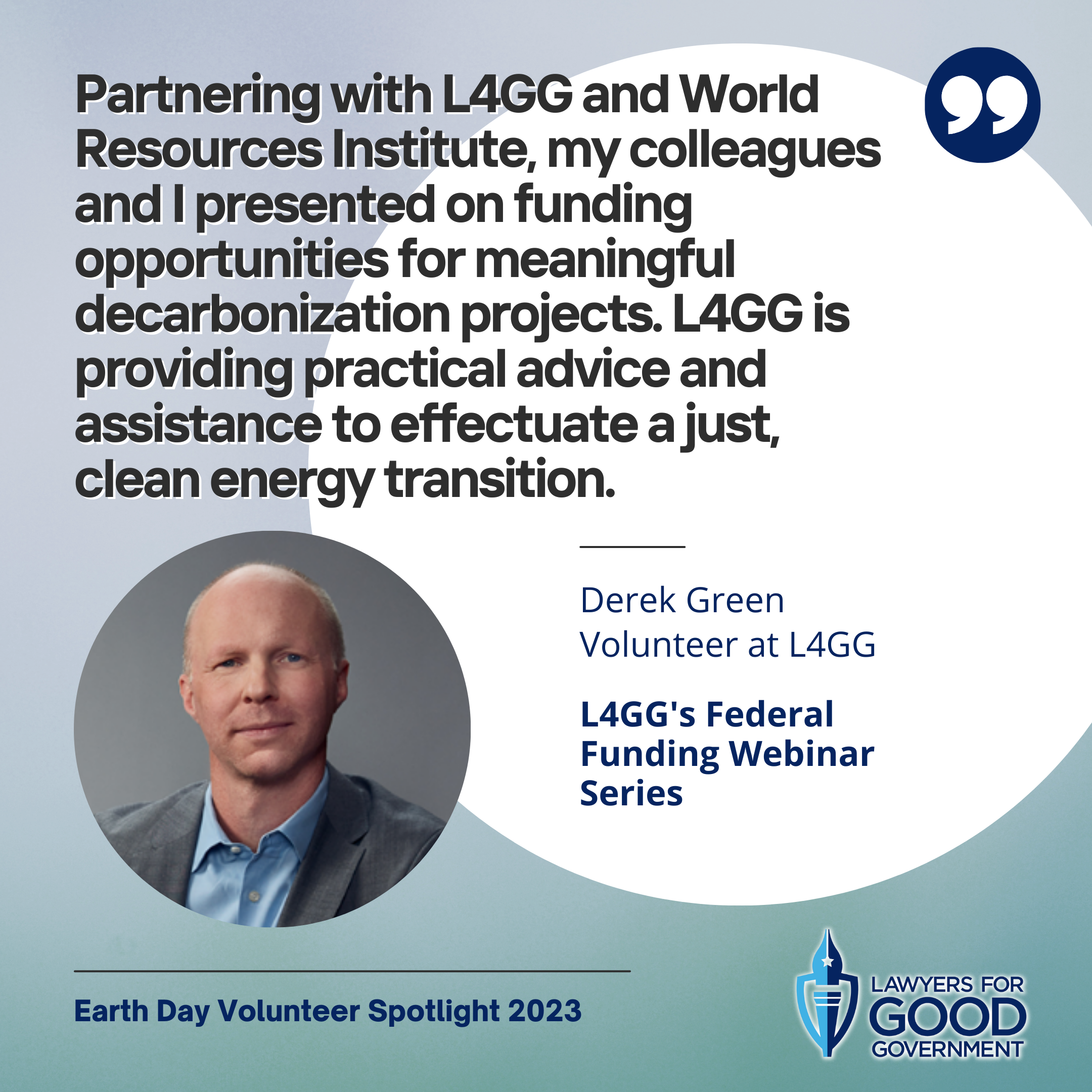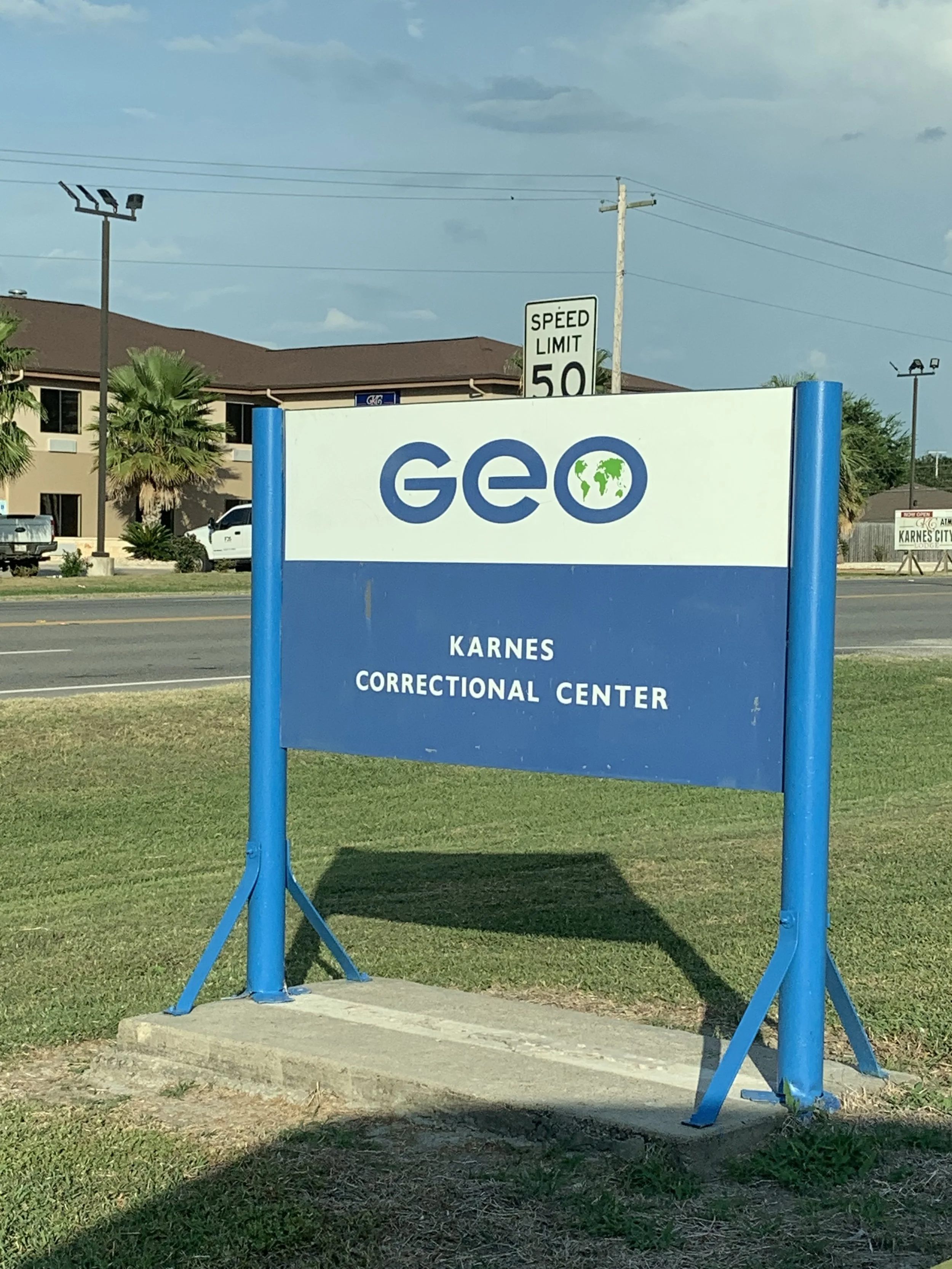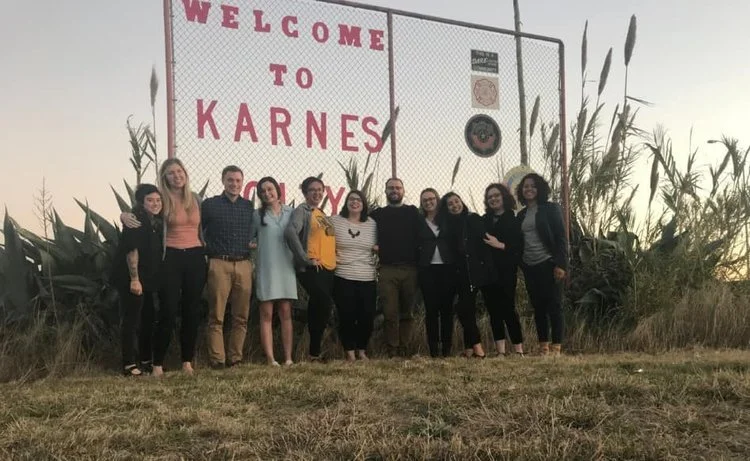Tomorrow, the Biden administration will end Title 42, a Trump-era policy that effectively closed the southern border for the past three years. In clear violation of international and U.S. immigration law, Title 42 gave the U.S. Border Patrol the power to return vulnerable families to Mexico without so much as a chance to open an asylum claim. The policy also inflicted unimaginable suffering on hundreds of thousands of stranded families that were neglected, kidnapped, and tortured while waiting in Mexico.
While the expiration of Title 42 is a welcome development and presents an opportunity to implement humane, equitable paths to asylum, the Biden administration is instead introducing new immigration policies that will severely limit access to asylum, separate families, and endanger the lives of thousands of individuals seeking safety in the U.S.
These new policies not only complicate the asylum-seeking process, which is an internationally recognized human right, but also significantly increases the risk of deportation and banishment for the most vulnerable people.
This policy shift means that the ONLY way asylum seekers will make it is with lawyers advising them, both before and after they present on the border. These changes are certain to result in thousands of asylum seekers being left to fend for themselves if they don’t have the support of lawyers like us.
Asylum seekers need us now more than ever. Please support Project Corazon as we provide critical services to help migrants understand their rights and ensure their safety amidst this treacherous legal landscape.
“The Biden Administration’s new rule is cruel and in blatant disregard to our international obligations to accept those seeking refuge from persecution within our borders. Under the rule, L4GG’s clients, who are LGBTQ+ people, political activists, racial minorities, victims of torture, and other people fleeing violent persecution in their countries of origin, will no longer have a viable pathway to fair, orderly asylum processing. Instead, they will face the dilemma of risking deportation and banishment from the U.S., or remaining in countries which have poorly functioning or non-existent asylum systems, many of which pose the same dangers to our clients as their home countries. In fact, this rule increasingly endangers the thousands of vulnerable women, children, and families who are forced to live on the streets of border cities in Mexico, where cartel violence is currently escalating. We call on the administration to immediately withdraw the rule and instead pursue pathways to fair, orderly migration that restore full asylum.”
“In his briefing on the end of Title 42 this morning, Sec. Mayorkas repeated it twice: “we are a nation of immigrants and a nation of laws.” And yet, with this rule, the administration is breaking domestic and international laws that require us to honor the immigrants upon whom this nation’s success depends. By penalizing those that are too poor, too disabled, too Black, too language-impaired, or too illiterate to use the extremely limited means of CBP One to schedule an appointment for consideration of an asylum claim at our Southern border, our President is hardening this nation’s stance beyond even what his predecessor imagined.
All that we at Lawyers for Good Government and other legal aid organizations have been asking for is the opening of lawful pathways to asylum, but what we have gotten are roadblocks. If the administration wants to fix immigration, they need to work with and listen to the people that have been filling the gaps Congress has left since this country decided to abrogate its responsibilities to both immigrants and the law.”



